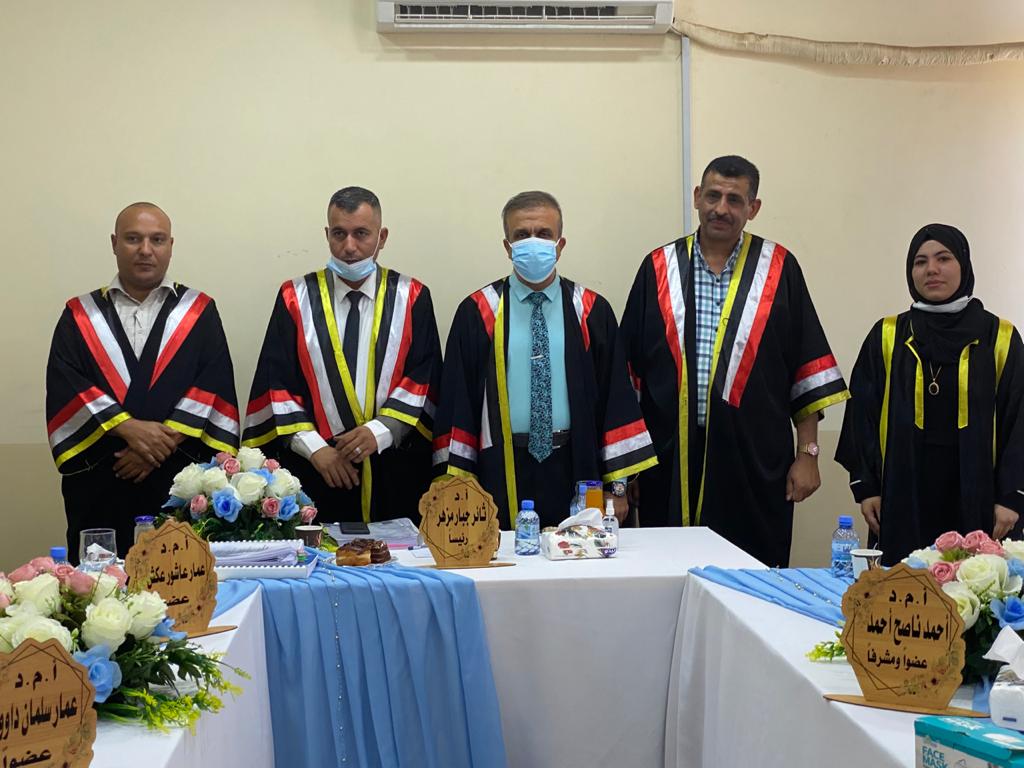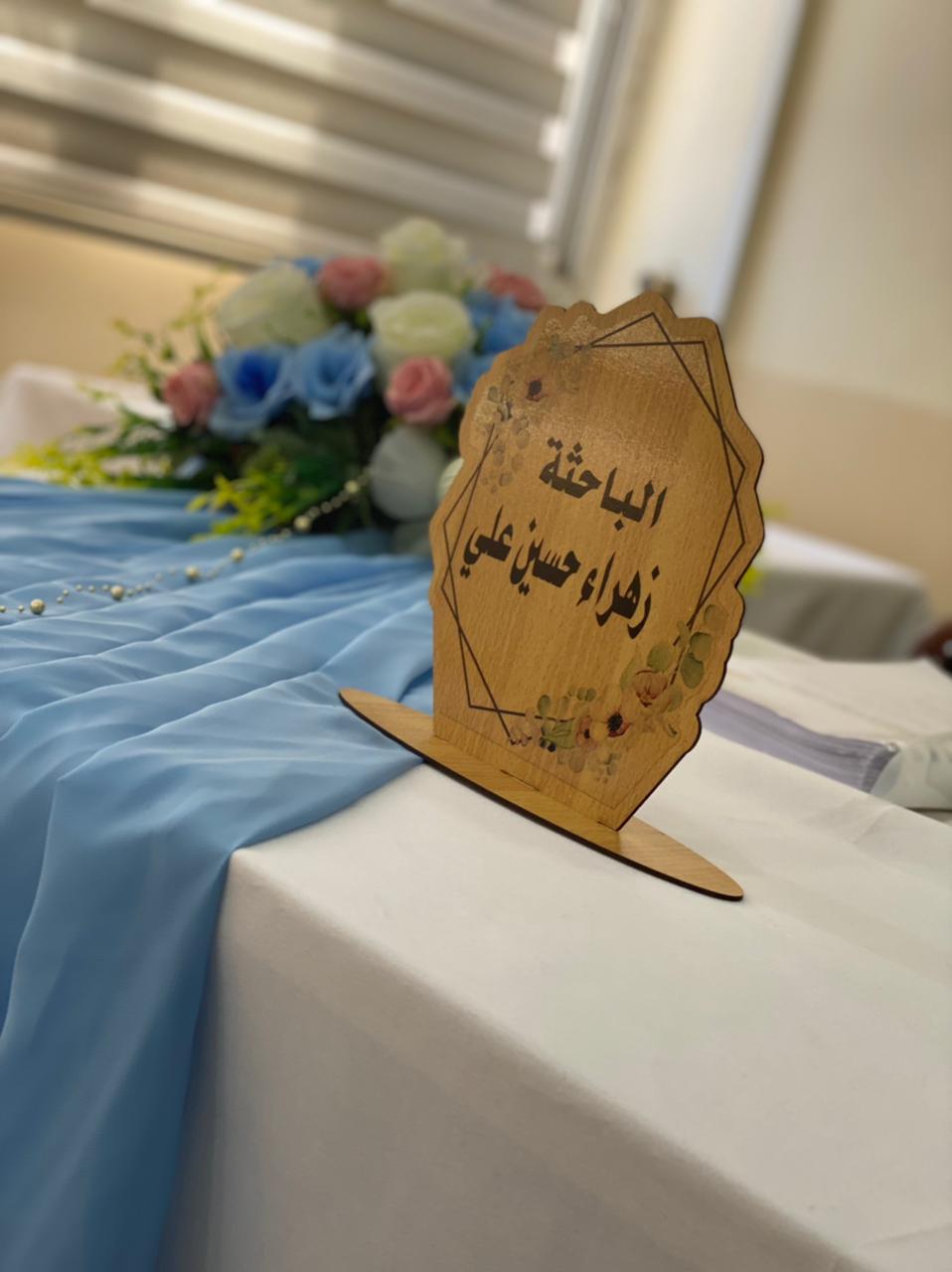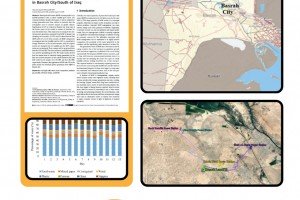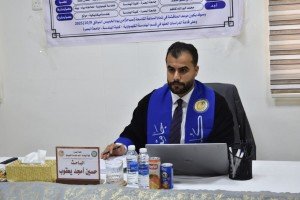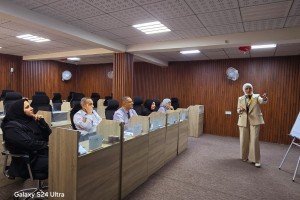
A master's thesis at the College of Engineering at the University of Basrah discussed (a GIS-based analysis of the deterioration of the quality of water leaving water treatment plants in Basrah City)
The thesis presented by the student (Zahra Hussain Ali) dealt with the study of the main water quality in Basrah, where 8 main water treatment plants WTPs were selected from different areas in Basrah, and 12 physicochemical parameters were adopted to study the water quality. Where the NSFWQI method was used to measure the quality of WTPS, the calculated WQIs depend on 21 parameters for their identification and were represented using GIS software for the spatio-temporal variability of WTP stations for raw and treated water.
The efficiency of water treatment plants was also calculated. Where it was found that it witnessed a decrease in the efficiency of treatment over time.
The 12 physical and chemical parameters data set were analyzed during the period 2011 - 2019 and from eight different raw and treated water sites using HCA hierarchical mass analysis. The eight in two groups with similar characteristics reflect different water quality characteristics.
The results of the study concluded that the main reason for the deterioration of the quality of water treatment plants is the poor quality of raw water withdrawn from the Shatt al-Arab River, due to the high percentage of pollutants that flow into it, and the impact of the Arabian Gulf due to the tidal phenomenon.
The water treatment plants also showed the closeness of the values of raw and treated water for all parameters except pH and turbidity, the significant difference in turbidity values, means that all the tasks of the treatment plants were to remove particles.
